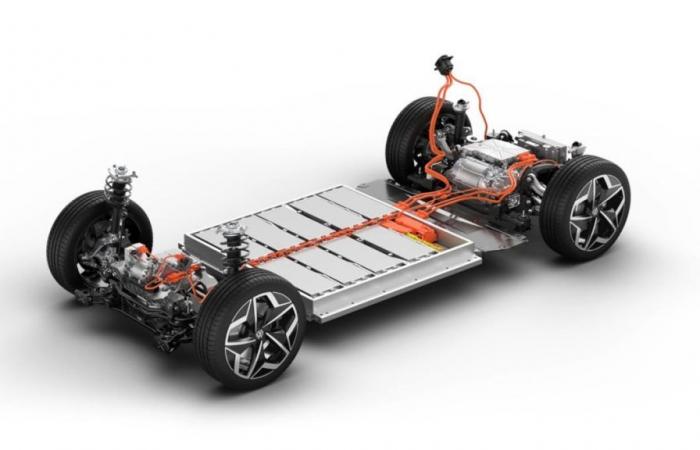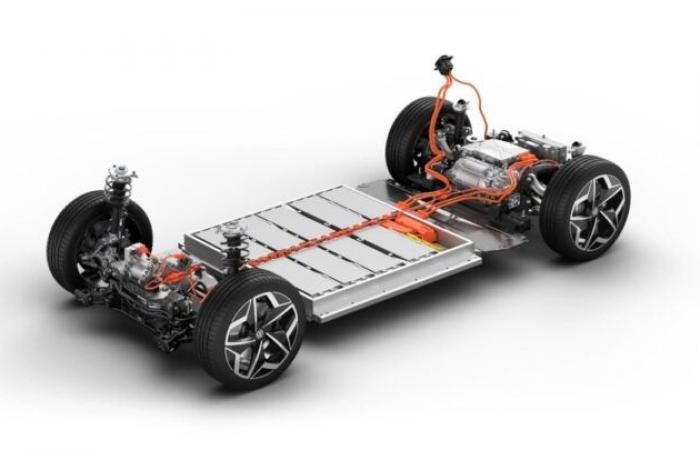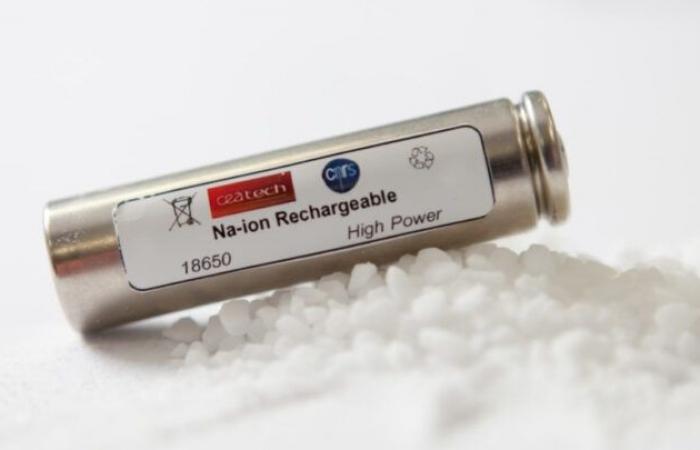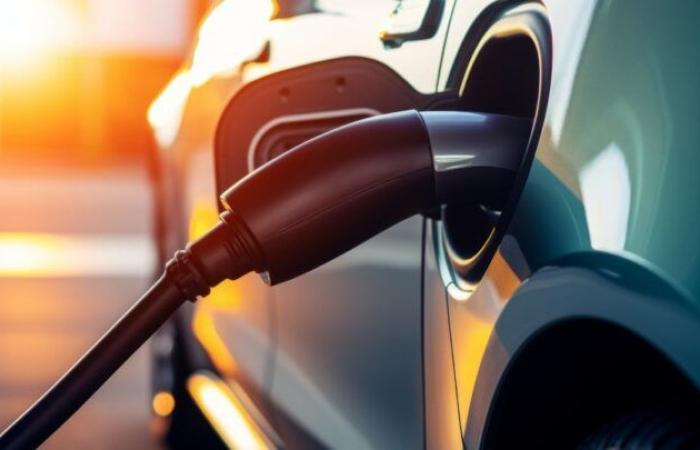Interest in electrification is growing, in the form of pure electric and hybrid vehicles, and manufacturers are looking to reduce prices, making models accessible to a wider range of customers. With batteries weighing on the final value of an electric car and its environmental footprint, are sodium ions the secret to cheaper and more sustainable electric cars?
Manufacturers are paying attention and, as we have already seen, there is a (declared) desire to invest in electric mobility, in line with new government policies, consumer demand and, in a certain way, the interests of the planet.
Despite the growing magnitude of electrified vehicles, for many, the problem still lies with the batteries, due to the value associated with them: monetary, but also environmental. One of the most controversial components is, in both senses, lithium.

However, in the search for a solution, sodium emerged, offering manufacturers an alternative to lithium-ion batteries with some important (and, who knows, decisive) associated advantages.
As recalled by Autocar, lithium-ion batteries only really became a big commercial deal in the 1990s, so the sudden shift to cars powered by these batteries is impressive.
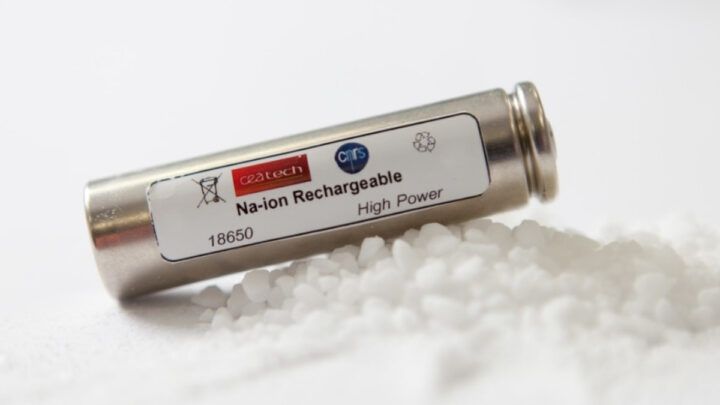
Given how quickly things change in the automotive business, as new technologies and solutions are explored, it is likely that lithium-ion batteries – which have disadvantages in terms of sustainability, energy security and cost – will be outdated.
Sodium ion batteries (or Na ion batteries), mentioned some time ago, but whose development was expected to take longer, could come into play.
Will lithium-ion batteries give way to sodium-ion batteries?
In early January, Chinese car manufacturer JAC announced that it was supplying a small electric car from its Yiwei brand equipped with a sodium-ion battery from Hina Battery.
Alongside this, the Chinese JMEV also announced the launch of a new electric vehicle equipped with a sodium ion battery from Farasis Energy.
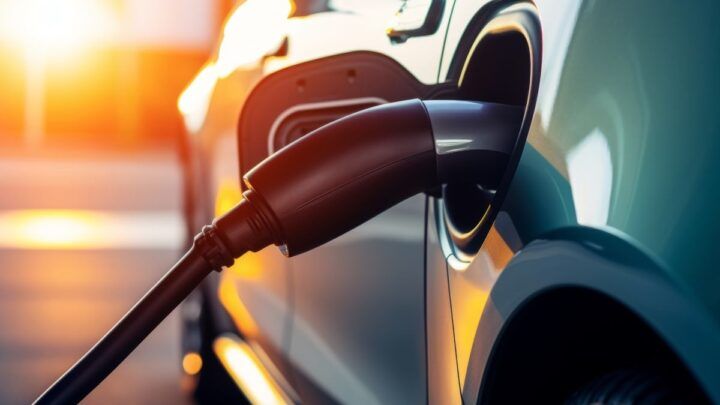
Sodium ion batteries have the following disadvantages:
- Low energy density;
- Consequent increase in vehicle weight (few Wh/kg, compared to lithium technologies).
However, the following advantages are listed:
- Neutrality and security;
- Absence of lithium and cobalt in batteries;
- Abundance of sodium throughout the world;
- Simplest electrolyte;
- Electrode recoverers can be made of aluminum instead of copper (more sustainable and cheaper);
- Good operation in cold conditions;
- 30% cheaper than lithium-ion.
Considering the advantages, manufacturers are working to resolve the disadvantages. For example, trying to increase the energy density of sodium ion batteries, without compromising the vehicle's weight or range.
Share with us in the comments if you see sodium-ion batteries as a potential viable alternative to lithium-ion batteries.

